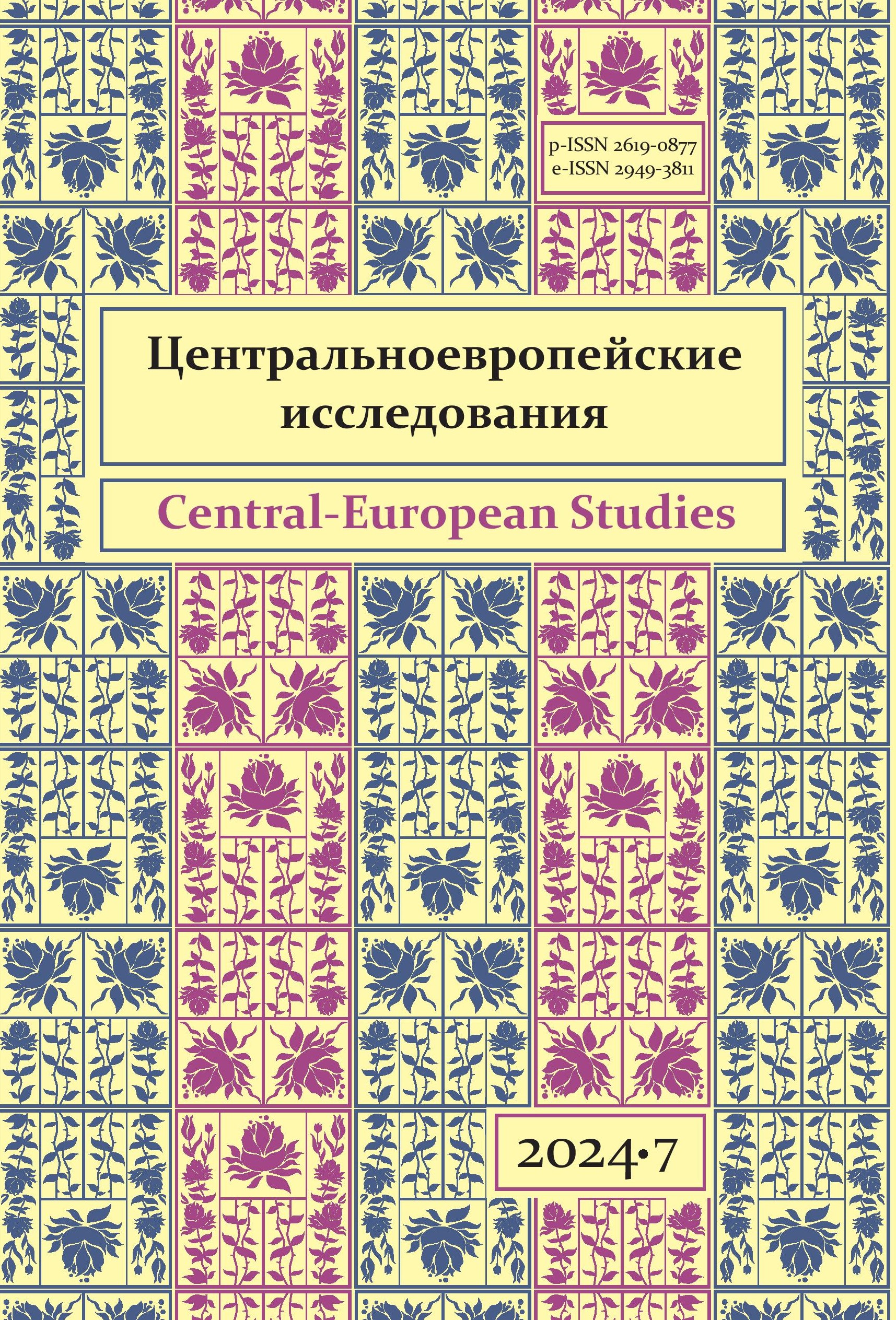Historical Narratives in Burgenland Local History Journals Between the Two World Wars
DOI:
https://doi.org/10.31168/2619-0877.2024.7.8Keywords:
historiography, nationalism, borders, spatial turn, border studies, Austria- Hungary, Austrian Empire, Austria-Hungary, history of ideas, discourse analysisAbstract
Border regions of nation states have always played an important role in the process of national identity construction. The region of Burgenland was transferred to Austria in 1921. After the First World War, the country was compensated with a territory that had previously been a part of Hungary. Since the “birth” of the region, it has been heavily contested, mostly by Hungarian historians. Of course, the Austrian historical writing was eager to integrate Burgenland into its national histories. The aim of my study is to show how local history journals participated in creating a new regional identity in Burgenland. Three journals will be at the centre of my attention: Burgenland, Mitteilungen des Burgenländischen Heimatschutzvereins, and the fusion of these two: the Burgenländische Heimatblätter. I demonstrate the differences and debates between these journals, as they often polemicised against each other to determine who should dominate the discourse about the history of Burgenland. The journal Burgenland had close ties to the regional government and was oriented towards German nationalism. In contrast to the Burgenland, the Mitteilungen was published by the Burgenländisches Heimatschutzverein, an organisation of civil society. In the volumes of Mitteilungen nationalism was less present, rather, we can observe criticism against industrialism and a strong romanticisation of nature. Burgenland was financed by the regional authorities, whereas Mitteilungen relied mainly on donations and membership fees. I also introduce debates between Hungarian and Austrian authors (Otto Aull and Gyula Gáyer) about this region to present a nuanced and balanced picture about the Burgenland-debate in the interwar period. The article shows that the historical narratives of these journals were shaped by encounters with rival interpretations of the past, and as a result, the dominant völkisch interpretation emerged, and Mitteilungen, as a journal with a more conservative agenda, was defeated.



